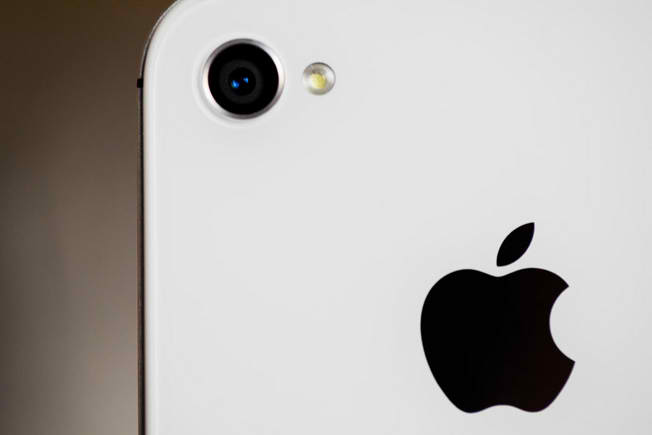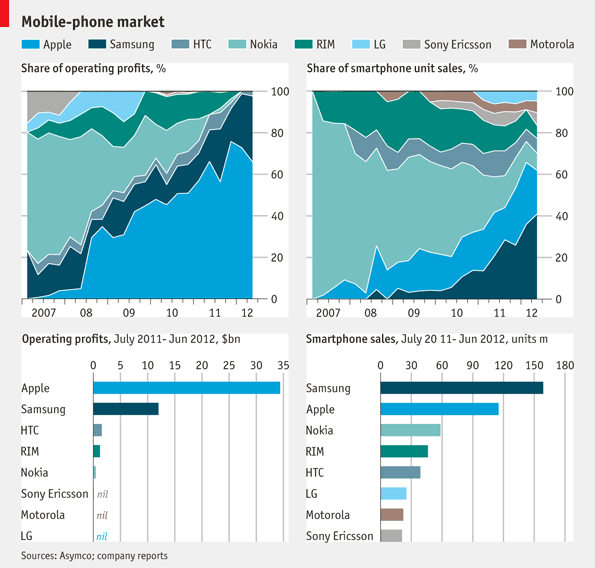Despite my love for new technology, I’ve become averse to adopting it right away. This may be a reflection of having conservative parents who worked as retailers in the tech industry. Even though my dad had access to the latest gadgets, he hardly ever switched to using them everyday. When advising clients, he made it clear which devices actually offered value for money. Most of the time the newest device wasn’t on that list.
Even when I had enough money of my own to spend, my aversion for new tech remained. It was clear to me that future-generation devices are always much better than the first-generation ones. After removing the inevitable kinks and adding the much-needed features that the first device missed, the second device does the job significantly better.
Another reason for not wanting to upgrade to a new device is the result of a wider trend, and it has only become more obvious to me in recent years. The new devices on offer won’t make my life that much easier. My first smartphone was a touchscreen Pocket PC device, and it was tonnes better than any Nokia phone on offer at the time. I could look at full-sized images, browse the internet on Wi-Fi, manage a planner and use Google Sync.
Then I bought a Blackberry 8320, which seemed like a step in the past. But it wasn’t. Although I missed the touchscreen, the ease of using a full keyboard was quite something. Finally came the iPhone 4S, which changed my life in more ways than any phone had.
Now we have the iPhone 6 and iPhone 6 Plus. Sadly, they are nothing but the same old iPhone with a bigger screen. Apart from tiny upgrades in the operating system, which is available on older devices, there is nothing about the new iPhones that is attractive to those not part of the cult. There are Android phones which offer a lot more, but none of those features are enough to change my mind.
The Apple Watch may be gorgeous, but I won’t be buying a first generation device. Mostly, though, a smartwatch seems to be nothing more than an additional layer of distraction right now. This is true of Google Glass, too.
There is hardly a profession where reading and replying to every text message, email, Facebook or Twitter notification as soon as you can is important. Most things can wait, and they must if we are to do anything productive in life. The suggestion here is not to become a Luddite, but, when a screen is only a wrist-flick away or in your eye, the temptation is too high.
The only reason I may end up buying a new internet-enabled device is if I am forced to. This could happen either because the device stops working, gets destroyed or doesn’t perform as I need it to. My nearly three-year-old iPhone 4S runs iOS7 and I have no complaints whatsoever (I won’t be upgrading to iOS8, because that would be suicide. Reviews suggest that the user experience becomes choppier.) My nearly four-year-old iPad2 runs iOS7 and works perfectly well. My four-year-old MacBook Pro 17″ runs Mac OSX Mavericks and runs like a leopard. My four-year-old Kindle 3G does everything I need it to.
I love you, gadget-makers, but to get me to actually buy something new you will have to do a lot more.


